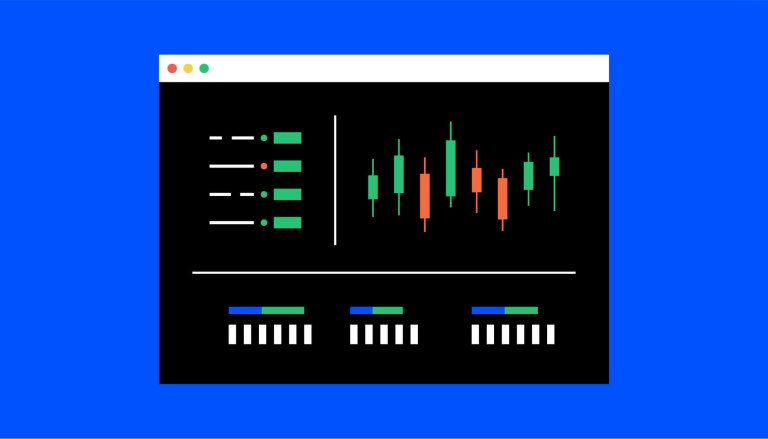What is Hedging?

Hedging is a risk management strategy used in trading and investing to reduce the impact of unexpected or adverse price movements. In other words, a hedge is a trade or investment made with the goal of offsetting some potential losses in another investment.
Derivatives, including options and futures, are frequently used as hedges against their corresponding underlying asset. With derivatives, you can create trading strategies where losses in one asset are offset by gains from the derivative positions.
However, hedging is not without its potential downsides and limitations. If you are considering using hedging as part of your investment strategy, it is important to understand both the benefits and risks involved.
Hedging as a risk management strategy
At their core, hedges aim to reduce exposure to risk, making them an important tool for individuals and businesses alike who can benefit from reduced risk and volatility or protection against price declines.
Hedges have a lot in common with insurance policies. Insurance policies, including homeowners, medical, and car insurance, can help offset unexpected costs and reduce potential out-of-pocket expenses.
For traders and investors, hedges are popular ways to counter the potential for price declines in a portfolio. With hedge positions, traders can aim to offset potential losses of certain assets in their portfolio with the goal of improving their portfolio’s overall returns.
Derivatives provide an opportunity for traders to create a hedge against spot holdings in their portfolio. The most easy-to-understand example comes with short positions. At its core, a short position is a belief that the price of an asset will go down (if the price goes up, you may incur a loss). When you open a short position, you are selling an asset first with the goal of repurchasing at a later date, at a lower price.
Things to watch out for with hedging
Hedging is not without its downsides. Hedging can limit your upside potential. If the market moves in your favor, you will not be able to participate in the full gains as your hedge position decreases in value, offsetting some of the gains from the corresponding asset.
For example, let’s say you hedged your spot bitcoin holdings with a short futures contract on the price of bitcoin. If the price of bitcoin went up, your unrealized gains would be lower than if you had not opened up the short futures contract as your gains from the spot holdings are at least partially offset by the losses in your futures position.
Depending on the type of hedge you want to use, hedges can also be expensive. You might have to pay a premium to enter into a derivative, such as a futures contract or option, that can serve as a hedge against other assets in your portfolio. Typically, assets with greater volatility or downside risk will have higher costs associated with hedge positions.
Hedging can also introduce new risks depending on the type of investment used for the hedge. For example, creating a hedge for your spot holdings of bitcoin by opening a short position with a futures contract introduces risks associated with leverage. You can learn more about the benefits and risks associated with leverage type: entry-hyperlink id: 4w6ksUuD5sVk3tXJp155nQ.
Disclaimer: Trading in futures involves substantial risks. You should only trade in financial products that you are familiar with and understand the associated risks, and after carefully considering whether such trading is suitable in light of your investment experience, financial position, and investment objectives.
Leverage in futures trading can work for you or against you. The risk of loss using leverage can exceed your initial investment amount.
Futures products and services on Coinbase Advanced are offered by Coinbase Financial Markets, a member of NFA and is subject to NFA’s regulatory oversight and examinations. However, you should be aware that NFA does not have regulatory oversight authority over underlying or spot virtual currency products or transactions or virtual currency exchanges, custodians or markets.


